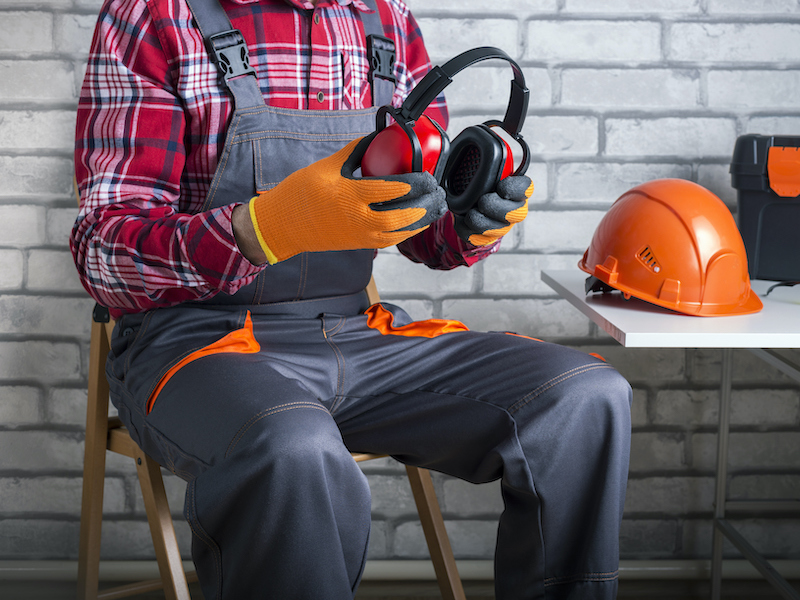
Your ability to hear is valuable – once it’s gone, the likelihood of getting it back in its natural form is slim to nil. But somehow, hearing loss frequently goes untreated and uncontrolled in the general population. In fact, permanent hearing loss impacts one in every eight people (about 30 million people) 12 and older in the United States alone.
While there are treatments that can help you get some hearing back, like hearing aids, it’s such a simple thing to protect your ears from the start to prevent unnecessary hearing loss.
Protect your hearing with these five tips:
Don’t use earbuds
Earbuds are one of the biggest dangers to hearing health today since they’ve come as an accessory to most mobile devices going back to the first MP3 devices in the early 2000s. Nearly every smartphone on the market comes with a set of these little devices that fit snugly in your ear and pump sound straight into your ear canal. Listening to music or a movie on your mobile device at maximum volume for only 15 minutes can result in permanent hearing loss. Earmuff style headphones, especially the ones with noise canceling technology, would be a better choice. Sticking to the 60/60 rule, which recommends a maximum volume of 60% for no higher than 60 minutes per day, is another safety measure to protect your hearing.
Keep your volume low
Your hearing can be harmed by other things besides earbuds. Loud noises from a TV or radio can do as much harm if you regularly listen to them over a prolonged period of time. You’ll also want to avoid situations where loud sounds are constant, like construction zones, concerts, and firearm ranges. It may be impractical to entirely avoid these environments particularly if they’re part of your job. If that’s the case, then you’ll want to take note of the next item on the list.
Use hearing protection
Hearing protection is a must if you work in a setting or enjoy hobbies that expose you to loud sounds. Hearing loss can happen in just 15 minutes at 85 decibels. Compare that to the following:
- The average firearm discharge clocks in at 149 decibels, which is multiplied and amplified over the course of a one hour visit to an indoor gun range
- The noise of a construction site can be above 130 decibels and many workers spend 40 or more hours every week there
- At most concerts the headlining band plays for up to two hours at well above 120 decibels
If you take part in any of these activities, you need to invest in a good set of earmuffs or earplugs.
Take auditory breaks
There are times you just need to give your ears a rest. Even if you use hearing protection, if you are subjected to loud noises like these for prolonged periods, you should take some quiet breaks to give your ears a chance to recover. That means, you probably shouldn’t get into your car and start blaring loud music right after you come out of a 3-hour concert.
Check your medicine
Your medicine may actually have a significant impact on your hearing. There are some medicines that have been proven to cause hearing loss including certain heart and cancer medications, aspirin, antibiotics, and anti-inflammatory medication. Luckily, medication related hearing loss normally only happens when more than one of these medicines are taken together making it far less common.
Are you suffering from hearing loss and want to find new treatment? Get in touch with us today to schedule a consultation.
Call Today to Set Up an Appointment
Resources
https://www.cdc.gov/nceh/hearing_loss/how_does_loud_noise_cause_hearing_loss.html
https://armeddefense.org/hearing-protection
https://www.uofmhealth.org/health-library/tf3092

